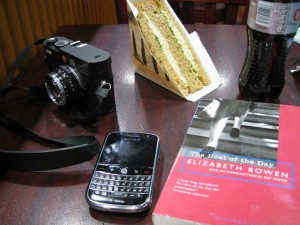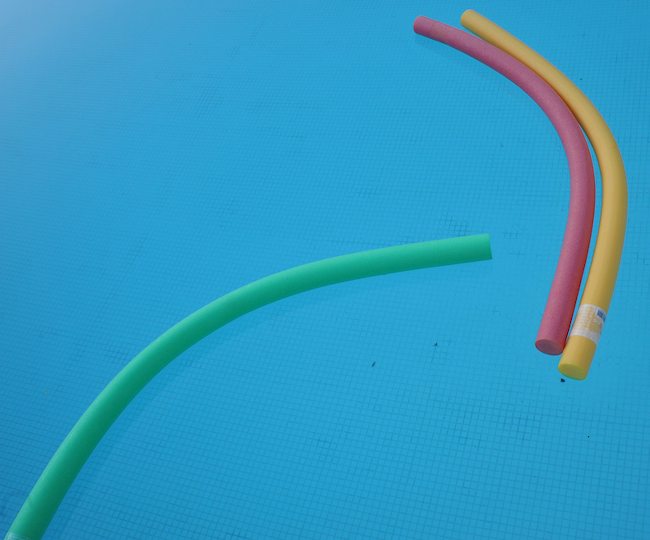Lovely diary par by Simon Hoggart.
There are few tribes more loathsome than the American right, and their vicious use of the shortcomings in the NHS to attack Barack Obama’s attempts at health reform are a useful reminder.
I was thinking of this during a visit to my 91-year-old dad who is still in an NHS hospital after three weeks, recovering from a broken hip. He has had fantastic care, including a new metal hip, blood transfusions, different antibiotics to match every aspect of his condition; all administered by nurses who remain cheerful even when asked to perform tasks on men – the lethal combination of pain and old age makes some in the ward exceedingly grumpy – that I would not want to do for £1,000 a time. If he was in an American hospital he’d be using up half his life savings to get that standard of care, and few ordinary Americans could afford the insurance that would provide it. (This is because health insurers spend a large part of their income on PR against the ‘socialised medicine’ and on sending pro forma letters explaining why your policy doesn’t cover actual illness.) All over the US there are people whose lives are being destroyed for lack of proper health care provision, and there is no sight more odious than the rich, powerful and arrogant trying to keep it that way.
He’s right. The US ‘debate’ over healthcare reform is becoming increasingly surreal. It’s almost as though the American Right has decided that this is the way to undo what it sees as the blip of an Obama presidency.
Elsewhere the Guardian has a nice piece by an American academic who has lived in this country for many years. He points out — rightly — that the biggest difference between the two countries (and this is true not only for the UK but also for most of the big European democracies) is that fear of bankruptcy has been disconnected from the universal fear of serious illness.
The relationship between doctors and their patients at every level is different from that in the States; here money does not change hands. An American friend of mine with five children was terrified when he became unemployed, fearful that one of them might become ill. I became ill when I was briefly back in the US some years ago, attending a meeting. With an acute urinary obstruction, the first person I saw, and the only one who could admit me for treatment, was the woman in charge of payment. My credit card probably saved my life.
There may be delays, frustrations and bureaucracy with the NHS, but the system delivers outstanding healthcare at no cost to the patient and far less of the GDP that the US system consumes. Being over 60, all prescription drugs are free. Perhaps it is that absence of fear of becoming ill that is the most important aspect of the system.
It’s difficult to believe that the hysterical lobbying against universal health care that’s currently raging in the US could derail Obama’s attempts at reform. But then this is a country where 46 million people voted for McCain/Palin, and where many people think Palin would make a serious presidential candidate.





